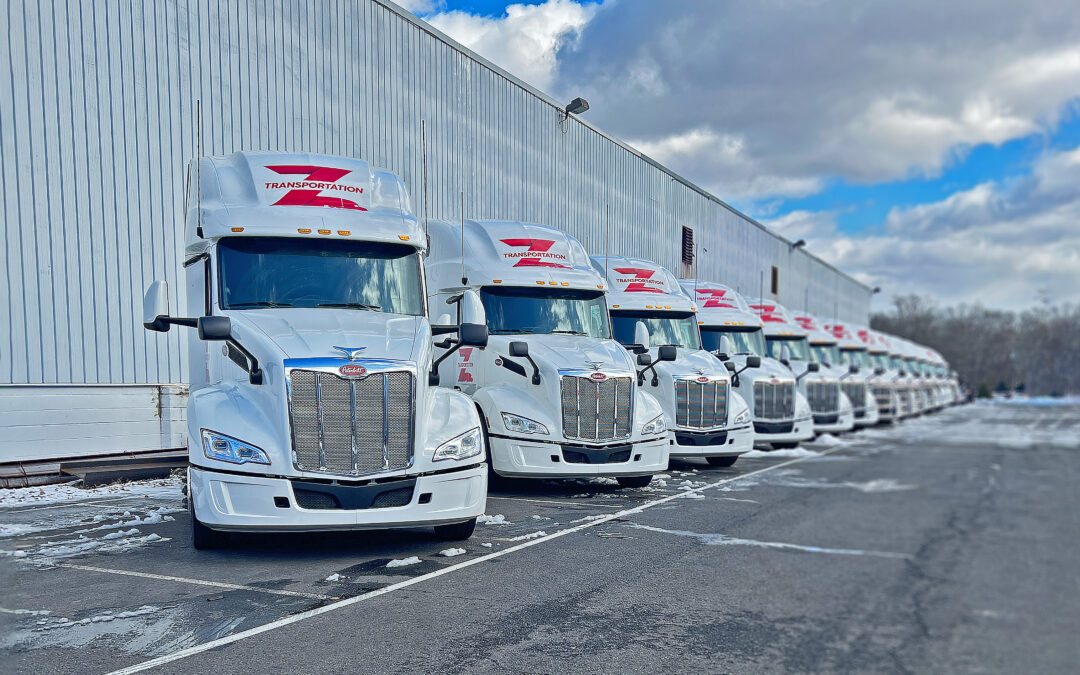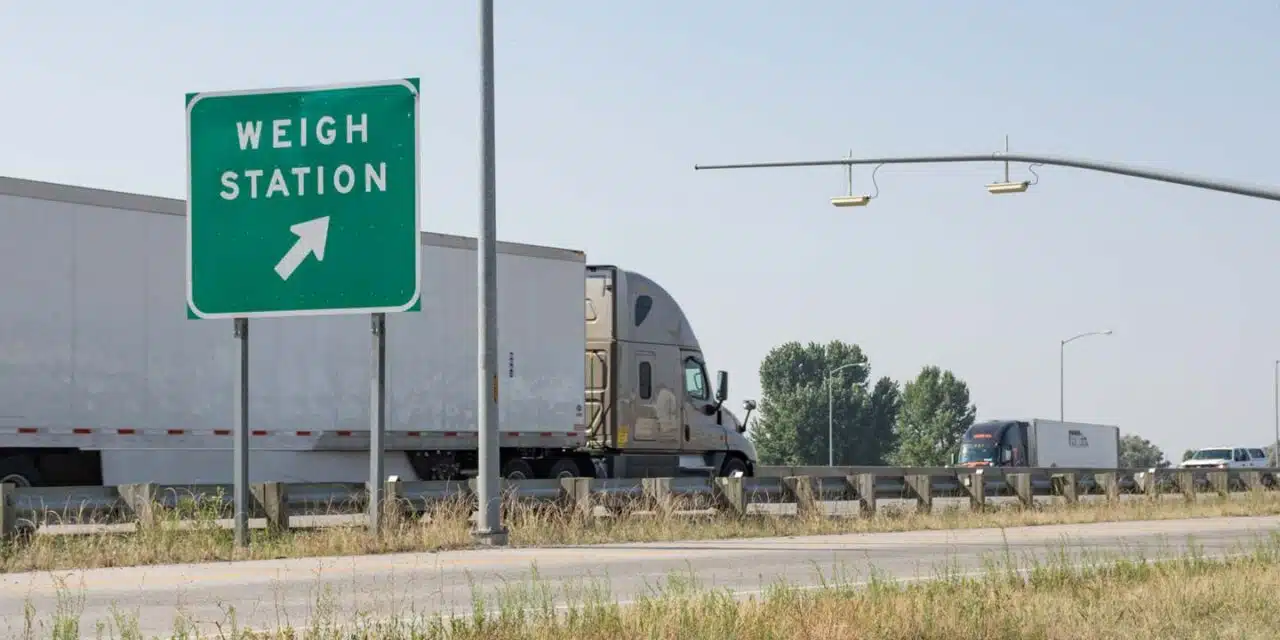
Tackling Freight Congestion with the MOVE Act
In an unprecedented move, the Modernizing Operations for Vehicles in Emergencies (MOVE) Act emerges as a game-changing proposal in the logistics and transportation sector. Aimed at combating freight congestion, this bill spearheaded by U.S. Reps. Dusty Johnson and Jim Costa, signals a pivotal shift in how state authorities can manage truck weight limits during emergencies.
The MOVE Act’s Vision for Enhanced Supply Chain Flexibility
The MOVE Act introduces a visionary approach to alleviating freight congestion. By empowering states with greater discretion to waive federal truck weight limits, the Act promises to streamline supply chain processes, ensuring the swift movement of essential goods during critical times.
Expanding State Powers in Emergency Scenarios
The Act proposes a significant expansion of scenarios where states can override federal weight limits. This expansion would not be limited to natural disasters but would also encompass situations characterized by severe freight congestion, offering a proactive solution to a wide range of logistical challenges.
Proposed Extension of Waiver Periods: A Strategic Move
A notable feature of the MOVE Act is the extension of the waiver period from the current 120-day limit to 270 days, with an option for an additional 90-day extension. This strategic change aims to provide states with the necessary time frame to effectively address and resolve freight congestion issues.
Industry Support vs. Safety Concerns: A Delicate Balance
While the MOVE Act has garnered strong backing from major players in the transportation industry, it has also sparked safety concerns among groups like the Coalition Against Bigger Trucks (CABT). These concerns, rooted in data suggesting higher crash rates for heavier trucks, highlight the crucial need for a careful and balanced approach to resolving freight congestion while ensuring road safety.
Emerging Trends in Truck Weight Legislation
The MOVE Act is at the forefront of legislative efforts to reform truck weight regulations, reflecting a growing trend in reevaluating freight transportation rules to better address modern challenges in supply chain management.
The Future of Freight Transportation: Efficiency Meets Safety
As the MOVE Act gains traction, it stands at the forefront of a critical debate in the logistics industry—how to effectively manage freight congestion while prioritizing the safety of our roads. This legislative proposal not only underscores the evolving needs of the supply chain but also the importance of maintaining a balance between operational efficiency and public safety.
Other Articles

Fuel Tanker Erupts in Fire on I-14 near Nolanville, Texas, Resulting in Driver’s Death
NOLANVILLE, Texas - A section of the westbound Interstate 14, located southwest of Waco, Texas, will remain closed for the rest of the day following a fiery multi-vehicle accident involving an 18-wheeler transporting gasoline. According to authorities, the truck...

Revolutionizing Green Transport: Nikola’s Hydrogen Fueling Innovation
In the dynamic world of alternative fuel transportation, Nikola, a pioneering heavy-duty truck manufacturer, has recently unveiled its first HYLA-branded hydrogen refueling station. This strategic move marks a significant leap in hydrogen fueling innovation,...

Freight Market Trends: Transportation Prices Spike in February
Overview of Logistics Managers' Index (LMI) MovementIn February, the Logistics Managers' Index (LMI) witnessed a significant rise, almost reaching a point higher at 56.5. This increase marks the second consecutive month of expansion across all eight subcomponents of...









